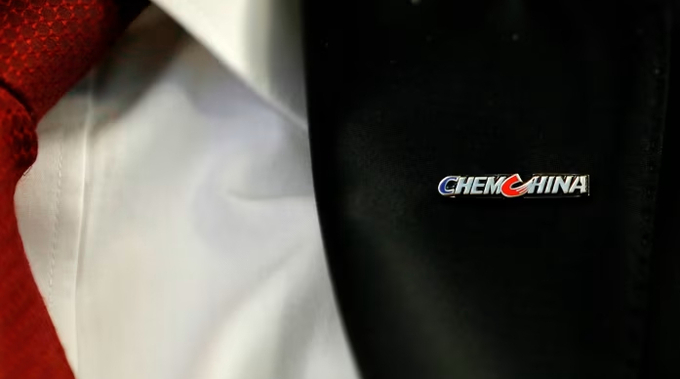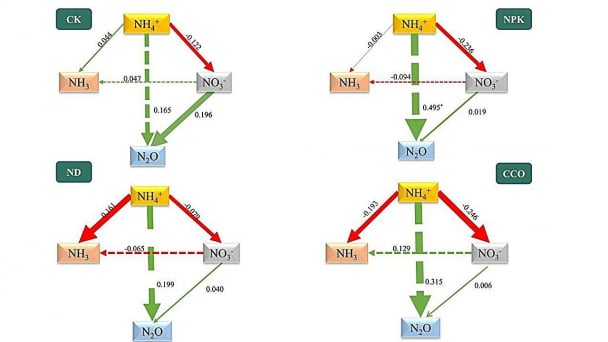June 25, 2025 | 00:15 GMT +7
June 25, 2025 | 00:15 GMT +7
Hotline: 0913.378.918
June 25, 2025 | 00:15 GMT +7
Hotline: 0913.378.918

Corn varieties have been developed by China National Seed Group, a unit of Syngenta Group, which was acquired by state-owned ChemChina in 2017. Photo: Bloomberg
China’s quest for self-sufficiency in semiconductors is widely discussed. But just as urgently, Beijing needs to address its growing imported food dependence as shortages loom. Approvals of seeds of genetically modified organisms (GMO) should boost production and suppliers.
Beijing has preliminarily approved 37 genetically modified corn seed and 14 soyabean seed varieties for planting. This marks a big change for a country long reluctant to allow local companies to grow GMO seeds commercially. Consumers have publicly opposed the technology.
But GMO seeds can increase much needed domestic yields. China is the world’s largest importer of soyabeans and corn, and should remain so for years as per capita consumption grows. Use of soyabean oil, for example, has more than quadrupled over the past two decades.
Both corn and soyabean are key ingredients in pig diets, and pork makes up nearly two-thirds of local meat consumption.
The approved list includes corn varieties developed by China National Seed Group, a unit of Syngenta Group, which was acquired by state-owned ChemChina in 2017, and soyabean varieties from local peer Beijing Dabeinong Technology Group.
Shares of the latter rose by the daily limit of 10 per cent on Wednesday. It now trades at 57 times forward earnings, a steep premium to local peers reflecting its growth potential.
China’s food consumption has already outpaced domestic supply due to factors including increased urbanisation. Also, global warming has affected farm output due to extreme weather. Rising geopolitical tensions with the US add urgency. The two largest US agricultural exports to China by value in 2022 were soyabeans at $18bn and corn at $5.3bn.
Early on, the market size of these modified seeds will probably start small. Yet the companies receiving early approvals will have a first-mover advantage over rivals. Moreover, a tightly regulated domestic market also ensures winners will not have to worry about global competitors.
(FT)

(VAN) Researchers from the Institute of Applied Ecology of the Chinese Academy of Sciences have developed a new environmentally friendly fertilizer additive that significantly enhances crop yields while reducing emissions of harmful gases.

(VAN) Poultry production in Poland, which has only started recovering from devastating bird flu outbreaks earlier this year, has been hit by a series of outbreaks of Newcastle disease, with the veterinary situation deteriorating rapidly.

(VAN) Extensive licensing requirements raise concerns about intellectual property theft.

(VAN) As of Friday, a salmonella outbreak linked to a California egg producer had sickened at least 79 people. Of the infected people, 21 hospitalizations were reported, U.S. health officials said.

(VAN) With the war ongoing, many Ukrainian farmers and rural farming families face limited access to their land due to mines and lack the financial resources to purchase needed agricultural inputs.

(VAN) Vikas Rambal has quietly built a $5 billion business empire in manufacturing, property and solar, and catapulted onto the Rich List.

(VAN) Available cropland now at less than five percent, according to latest geospatial assessment from FAO and UNOSAT.